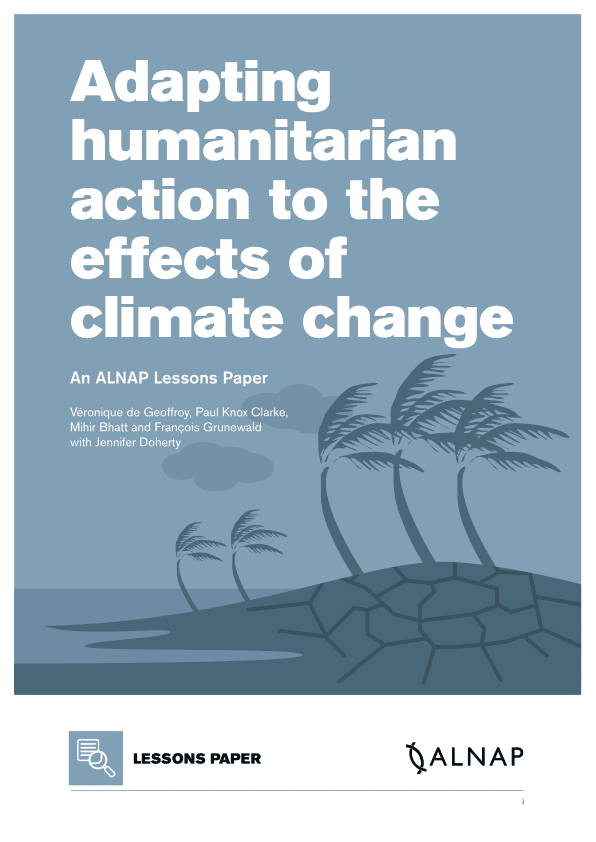
Humanitarian agencies need to reflect on the past, learn from the present and actively imagine the near and increasingly threatening future.
From excessive consumption to the over-exploitation of natural resources, polluting activities to large-scale deforestation, humans have already dramatically changed the Earth’s climate and environment. As a result, we are experiencing more frequent and more intense weather events, the humanitarian consequences of which are major.
Droughts, flooding and tropical storms cause death, disease, destruction and large-scale population displacement. Public health emergencies are already increasing because of these changes. Conflicts and conflict situations may increase, as may the resulting human migration and displacement.
Humanitarian actors working on the ground with climate-related disasters are well placed to observe the intensification of climate-related effects and the increasing complexity of extreme weather events in all regions of the world, including regions where such events were previously rare or unknown.